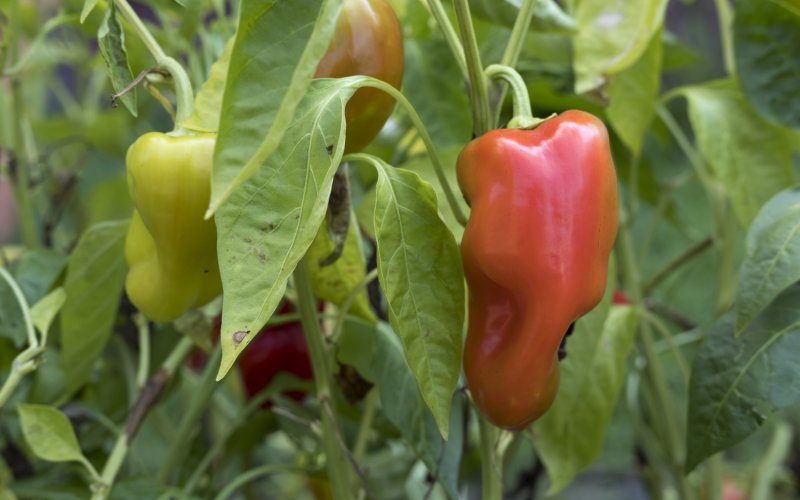Faculty Receive Funding to Study Food Access and COVID-19

A team led by Assistant Professors Beth Feingold and Xiaobo X. Romeiko of the School of Public Health’s Department of Environmental Health Sciences was awarded $99,987 from the Foundation for Food and Agriculture Research (FFAR) to study how COVID-19 is impacting food access in New York’s Capital Region.
Feingold and Romeiko are studying how the fresh produce recovery and redistribution arm of the Capital Region food system is absorbing the shock caused by the pandemic. The team anticipates that their findings will reveal the benefits and tradeoffs associated with policy and program interventions in response to COVID-19.
This is an expansion of previous funding provided by FFAR to Feingold and Romeiko. While the food system is successfully providing for Americans during the coronavirus crisis, many are encountering empty grocery shelves. Simultaneously, producers are struggling to reach consumers due to concerns with processing, distribution and demand. To understand and address these challenges, FFAR chose to expand existing grants.
Over the past two years, Feingold and Romeiko have worked to identify inefficiencies, barriers and opportunities for growth in the produce recovery and redistribution system in the region. They are assessing the impacts of policies and interventions on greenhouse gas emissions, access to fresh produce and subsequent health benefits.
The additional funding enables the team to evaluate the joint impacts of COVID-19 on environmental and human health. They will utilize routine data collected by community partners, administer a food access and availability survey and a short survey to retail and emergency food operators to build innovative life cycle and system dynamic models for assessing the intervention strategies for increasing food access while maximizing environmental and health benefits.
The project engages multiple community partners, including the Northeast Regional Food Bank, Capital Roots, the New York State Department of Environmental Conservation, the Radix Center for Environmental Sustainability, and the Food Pantries of the Capital District. At the University, additional team members include Christine Bozlak (Department of Health Policy, Management and Behavior) and Akiko Hosler (Department of Epidemiology and Biostatistics), and two PhD students who will model the data for their dissertations. Dr. Roni Neff from John Hopkins University is also a part of the team.
More information about the food access project can be found at albany.edu/fresh.


